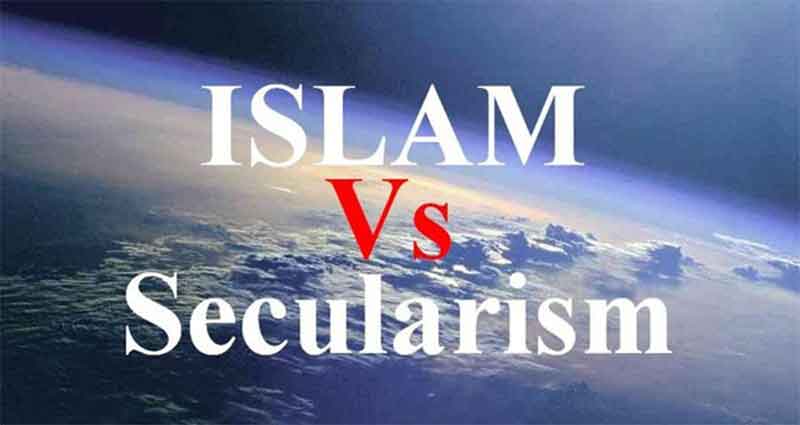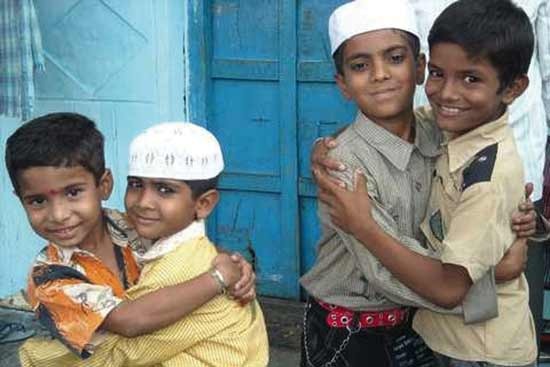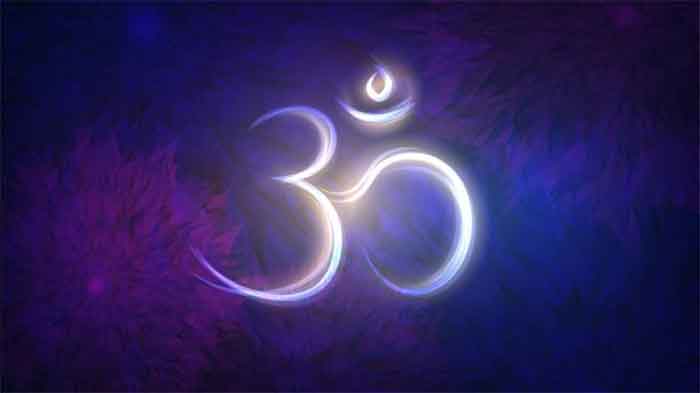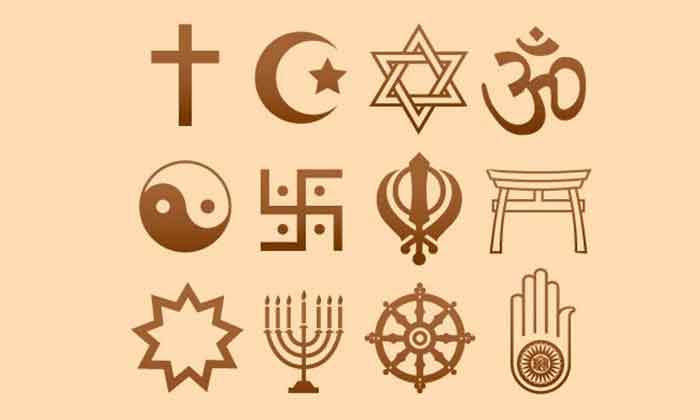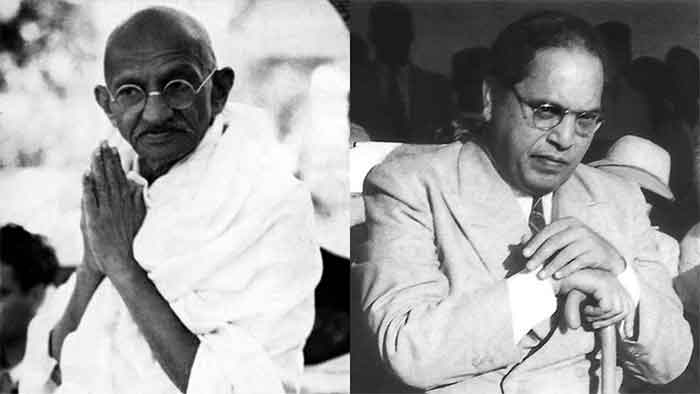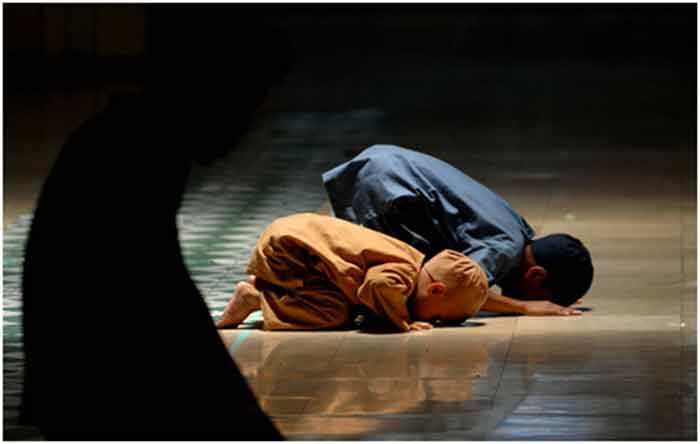
Ramadhan comes as the 9th month of the Islamic Calendar. It is known for the mercy of Almighty on humanity which is in the form of divine guidance, spiritual nourishment, compassion, and moral training. The Islamic calendar is purely lunar. The month begins when the new crescent moon is first visible in the night sky and ends with Eid al Fitr celebration, the joyous, most important Muslim festival world over.
It was the month when Allah SWT decided to communicate with human beings through the Holy Quran’s revelation. The glorious Quran itself says, “The month of Ramadhan is that in which Quran was revealed as a guidance for the people and clear proofs of guidance and criterion.” Surah Al Baqarah 2:185. Hence, Ramadhan is an anniversary of the Book of guidance, which provided a code of conduct for life that ultimately transformed people in the shortest possible time. This guidance is on every aspect of human life and can be easily understood and appropriately implemented. The Quran’s importance can be better understood by realizing what it has to say for day-to-day affairs. It has information about many aspects of various sciences and worldly affairs. Some suitable examples are Big Bang theory: Surah Ambiyah Chapter:21 verse 30, Embryology: Surah Al Alaq Chapter 96 verse 1-2, Inheritance: Surah Al Nisa, Astronomy Surah Al Furqaan Chapter 25 verse 61. The Quran asks man to ponder and research the wonders of nature.
Ramadhan is also known for month-long fasting known as “Sawm” in Arabic. It is typically from dawn to sunset of around 9-12 hours. At some places near the poles, it may be 20 -22 hours long. Day of fasting begins with a pre-dawn meal called “Suhoor” and ends with an evening meal known as “Iftar.” Both the meals are usually done in family gatherings or large groups. Every able-bodied individual more than 12 years is required to fast except pregnant women, travelers, older people, or those down with some disease. They are required to make up for the missed days of fasting.
A special prayer is organized every night during this month, which is called “tarāwīḥ.” Chapters from the Holy Quran are recited sequentially. Experts and psychologists agree that Ramadhan fasting elevates the spirit, and it also helps in the development of mental strength. During Ramadhan, fasting, mental and spiritual, takes precedence over physical and material concerns. One undergoes moral training as well during this month. Every fasting individual has to remain sin-free to avail maximum benefit in spiritual terms. Habits cultivated during this month-long training, if adopted in daily life, can transform the whole individual. Fasting during Ramadhan provides clarity and trains the mind to be focused.
Fasting during Ramadhan not only provides spiritual nourishment to the faithful but gives some health benefits as well. Much needed rest is offered to the digestive system. Harmful toxins accumulated all around the year get removed, which improves metabolism in a big way. Researchers have found out that fasting is helpful in cardiovascular health and prevents any heart complications. Fasting in Ramadhan helps improve HDL and LDL/HDL, and TG/HDL ratios. This protects against coronary artery disease. Doctors agree it also promotes autophagy, which is where the body itself removes damaged and dangerous tissues. It is also helpful in controlling depression, anxiety, and dementia.
Another essential feature that finds excellent resonance during Ramadhan is charity. It is vital to explain the concept of Zakat, which is one of the five pillars of Islam. Muslims pay 2.5% from their qualifying wealth to ‘the poor and needy as Zakat. The month of Ramadhan has special significance as far as Zakat payment is concerned. It is due to a belief that rewards for good deeds get multiplied during Ramadhan. As per one estimate, Zakat collection in 2020 from Canada benefited 1 million needy people all over. As per the Zakat Foundation of India, charity money is used to run charitable hospitals, orphanages and provide help to widows. Compassion generated gets translated into charity, and results are immensely heartwarming. As per an estimate listed on the UK website’s National zakat foundation, the total Zakat collected in a year is around 262 million pounds. Most people will agree that if Zakat is adopted strictly and every rich person voluntarily and honestly pays just 2.5% of its qualifying income as a donation to the poor, there will not be so many poverty-stricken takers left.
Although Ramadhan is directly connected to Muslims, the mercy and compassion it unfolds are for the entire humanity. It inspires everyone to have a sympathetic view of everyone around and avail showers of blessings.
Nadeem Khan is an author and speaker based in Toronto
GET COUNTERCURRENTS DAILY NEWSLETTER STRAIGHT TO YOUR INBOX

